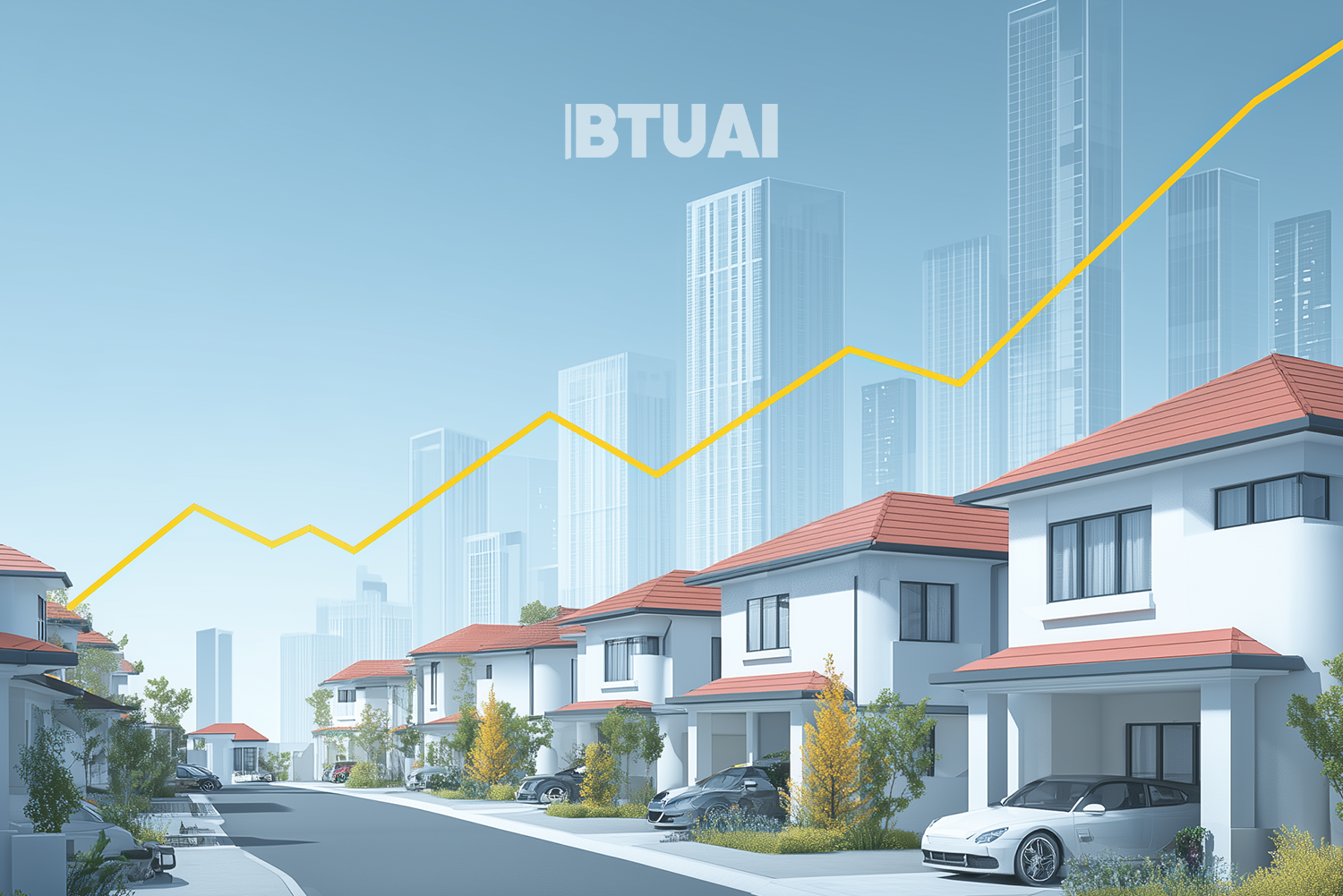Israeli Citizens and Their Rising Influence on Tbilisi’s Real Estate Market
In 2025, one of the most notable trends in Georgia’s real estate market—particularly in Tbilisi—has been the surge in

In 2025, one of the most notable trends in Georgia’s real estate market—particularly in Tbilisi—has been the surge in activity from Israeli citizens, who accounted for 11% of all apartment purchases in the first five months of the year. This shift is part of a broader dynamic in which the share of foreign buyers is steadily increasing, while the portion of sales to Georgian citizens is gradually declining. For context, in 2024, 79% of apartment sales in Tbilisi were to locals; by 2025, that figure had dropped to 77%, signaling a growing international footprint on the market.
According to a report by Galt & Taggart, Israeli citizens purchased 1,745 apartments in Tbilisi in the first five months of 2025. In comparison, Russian citizens acquired only 317, and buyers from other countries accounted for 1,587 apartments. In total, 15,865 units were sold in Tbilisi during this period, generating a combined transaction value of $1.2 billion.
Several factors are driving the increased interest of Israelis in Tbilisi’s property market. Chief among them is the geopolitical and social uncertainty in Israel, which has led many families to seek safer and more financially stable investment destinations abroad. Georgia’s real estate sector stands out for its affordability, favorable investment potential, and ease of access—offering a low-barrier entry, simple registration processes, and hands-off property management. For many Israelis, Georgian real estate has become a reliable tool for generating rental income and preserving capital.
This rising demand has also elevated the role of systemic developers. Galt & Taggart’s analysis of over 135 residential projects shows that foreign buyer interest is directly influencing construction pace, investment flows, and even the quality standards of new developments. Tbilisi’s real estate market is gradually evolving into a global platform, where local demand is just one element, and international investors increasingly shape pricing and project strategy.
For many Israelis, Georgian real estate now serves as a strategic asset—a “safe haven” for investment diversification and geopolitical contingency planning. This trend is accelerating the market’s transformation, intensifying competition among local players, fostering the creation of new financial products, and adding both economic and cultural depth to Tbilisi’s urban landscape.
At the same time, the surge of international investment brings both opportunities and risks. Potential concerns include increased speculative activity, price volatility, and declining housing affordability—which may become key policy challenges for urban planners and local authorities.
As of 2025, Tbilisi’s real estate market has firmly stepped onto the global stage. The growing role of Israeli investors is just the beginning of a new, more dynamic era, where international trends and players will continue to redefine the city’s economic and social fabric.




